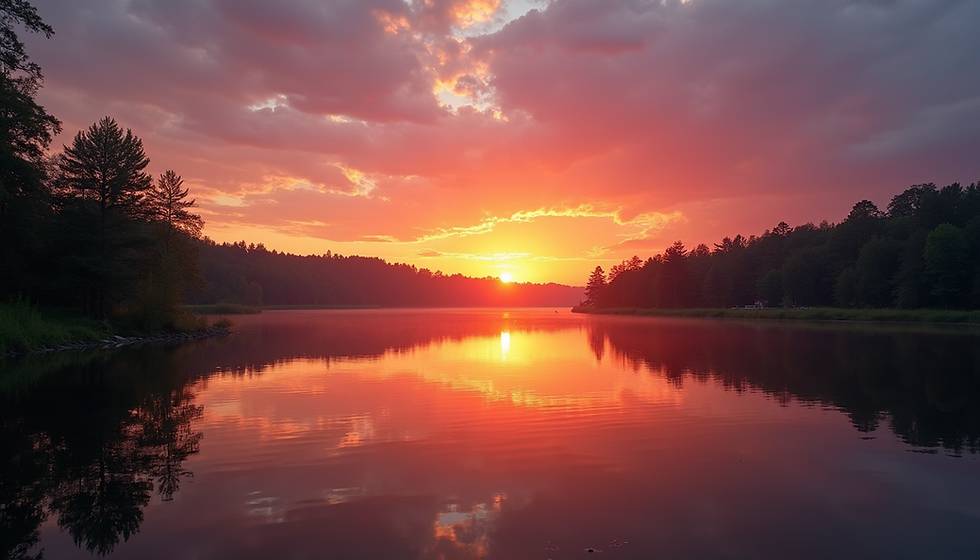What is the Winter Solstice?
- Dana Morgan

- Dec 21, 2023
- 2 min read
As we plan for the Winter Solstice that happens on the 21st December and will be honoured at sunrise on the 22nd December at Stonehenge, what blessings can we take, especially when all the world around us descends into chaos?
We can all take comfort from the fact that astronomical winter begins tomorrow, and the days start to get longer again.
What does the word Solstice Mean?
The term “solstice” comes from the Latin words sol (Sun) and sistere (to stand still) because, during the solstice, the angle between the Sun’s rays and the plane of the Earth’s equator (called declination) appears to stand still.
This translates as the sun appearing at its lowest in the sky. At midday it seems to stay the same for several days before and after this day. The Sun’s gradual decrease in the sky reverses upon the winter solstice, marking what many cultures believe to be a “rebirth” of the Sun as the hours of daylight become longer.
As you will have seen in our previous post about the summer solstice that celebrates the longest day, this is the shortest. But let's not forget our friends in the Southern Hemisphere who are celebrating the opposite way around.
Early man kept track of the days by observing the Sun as it “moved” across the sky and cast shadows during the day and at different times of the year. In fact, historians believe Stonehenge in England was erected to keep track of the Sun’s yearly progress.
Solstice Folklore
The solstice is a time honoured tradition in many cultures and it recognises the significance of the sun on our lives. Consider how important this marking was in times before clocks and weather apps. Here are how some other cultures celebrate:
Alban Arthan is Welsh for light of winter and is a winter festival. It is a Druidic festival recognising the time of death and rebirth when nature's powers are renewed. It honours the birth of the new sun on the 22nd December, giving new live to the spirit and souls of the dead.
The Feast of Juul is a Scandanavian festival where fires are lit to recognise the heat, light and life giving properties of the returning sun. The name comes from burning a Yule log that was never allowed to burn out and was kept as kindling for next year. Other cultures allow the yule log to burn completely and use the ashes as fertilizer to nourish the crops in the new year.
Donghzhi is a Chinese festival that allows everyone to get together to celebrate the past good year. Dumplings are the main food eaten.
Saturnalia is the ancient Roman Festival that starts on December 17th and runs for seven days. It is held to honour the god of Saturnas and during this time grudges and quarrels were forgiven and wars were postponed.
Stay safe and warm this winter solstice, maybe have a look and see if you cast a shadow at midday to see what the new year brings.
The solstice is also a powerful time for a tarot reading to review your goals for the coming year. So why not book a tarot reading with us to bring in your 2024 goals with increased clarity.






Comments